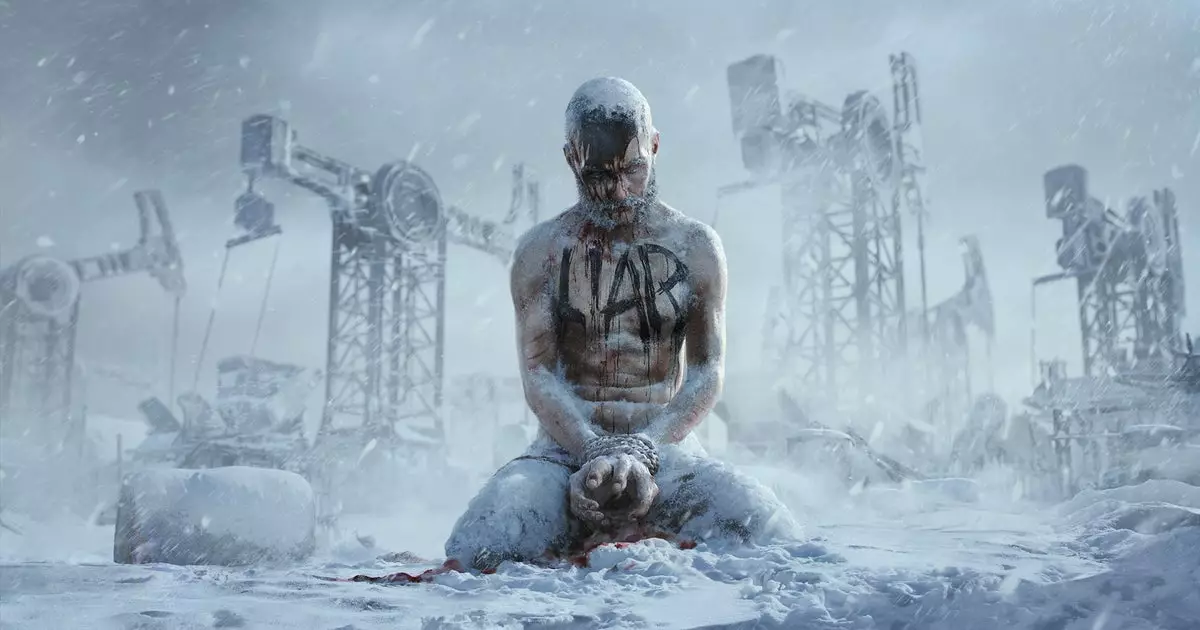The landscape of video game development is a complex terrain where creativity, market trends, and financial realities intersect. Recently, 11 bit studios, renowned for their innovative title Frostpunk, announced the cancellation of an internal project, dubbed Project 8. This decision was molded by a confluence of shifting market preferences and developmental hurdles, which ultimately led to a significant restructuring within the company, including job losses for some employees. This article delves into the implications of this decision, examining both the market dynamics and internal challenges that have compelled such drastic measures.
The gaming industry is known for its volatile nature, where consumer preferences can trend towards certain genres only to fall away unexpectedly. Przemysław Marszał, president of 11 bit studios, articulated that the initial conception of Project 8 took place during a time when narrative-driven games flourished in popularity. However, the current interest appears to be waning, and the shift towards more action-oriented or multiplayer experiences seems to dominate the market. This pivot has left many developers reassessing their portfolios and project directions.
The consequences of these shifting tides are profound. As player enthusiasm diminishes for single-player narrative experiences, studios that have invested heavily in this format may find themselves navigating treacherous financial waters. The cancellation of Project 8 is not just a loss for 11 bit; it’s a reflection of broader industry trends that indicate changing consumer desires. Companies must now brace themselves for the reality that a well-constructed narrative alone may no longer guarantee financial success.
The external market trends are only part of the story, as evidenced by 11 bit’s experience during the development of Project 8. The global COVID-19 pandemic introduced unanticipated complications, making it difficult to stabilize the development team and maintain consistent progress. While the team managed to achieve improvements in various aspects of the game, many critical issues lingered, causing delays and rising costs.
Marszał’s acknowledgment of these internal struggles highlights a common challenge within the gaming industry: the need for continual iteration and refinement. When a project begins to accumulate delays and increasing budgets, the balancing act between maintaining creative vision and ensuring project viability becomes increasingly precarious. For 11 bit, the decision to cancel was not simply a reaction to market trends, but rather a strategic move to mitigate further risks associated with a faltering project.
The layoffs resulting from the cancellation of Project 8 cast a long shadow over the studio’s recent decision. Although Marszał emphasized that “more than half” of the affected team would be offered opportunities to transition to new projects, this offer does little to mask the immediate distress caused by the layoffs. The continual employment fluctuations within the gaming industry highlight the precarious nature of development jobs.
It is worth noting that 11 bit has initiatives in the pipeline, as they continue to explore unannounced projects. The possibility of pivoting existing talent to new opportunities may serve as a balm for affected employees. However, the emotional toll of layoffs and the uncertainty surrounding the studio’s direction still looms large. Industry observers will be watching closely to see how 11 bit manages this transition and whether they can recapture their earlier successes with fresh and innovative projects.
The cancellation of Project 8 by 11 bit studios is emblematic of broader challenges facing the video game industry. While consumer interests shift, developers must remain adaptable, balancing creative ambitions with the harsh realities of market dynamics. The question of whether narrative-driven games can survive amidst the rising popularity of different genres looms large. Meanwhile, the internal struggles experienced by 11 bit remind us that behind every game, there are teams of dedicated individuals grappling with complex challenges.
As the gaming community absorbs this news, hopes for better market reception and innovative projects remain. Both internally and externally, the industry must look towards collaborative progress and evolving narratives that resonate with a diverse audience. Developing games in today’s environment is undoubtedly challenging, but it is also an opportunity for studios to recognize and adapt to a rapidly changing world. The hope is that this cancellation marks not the end of creativity for 11 bit, but a transformative moment that fuels future innovation and resilience.

